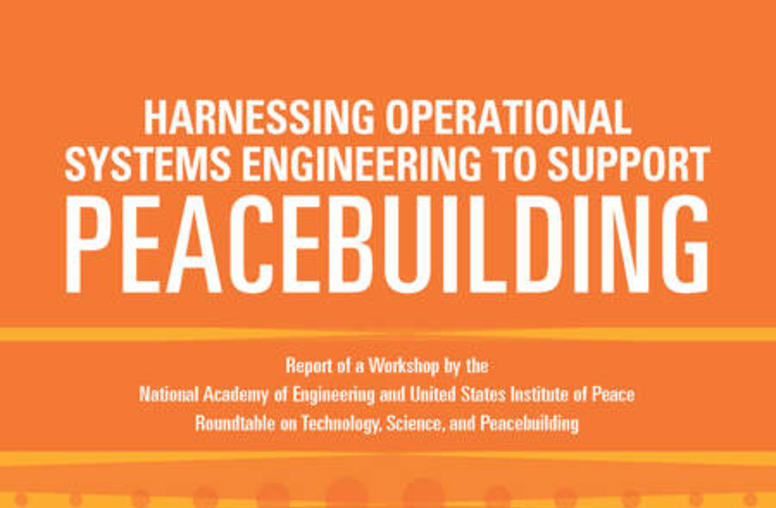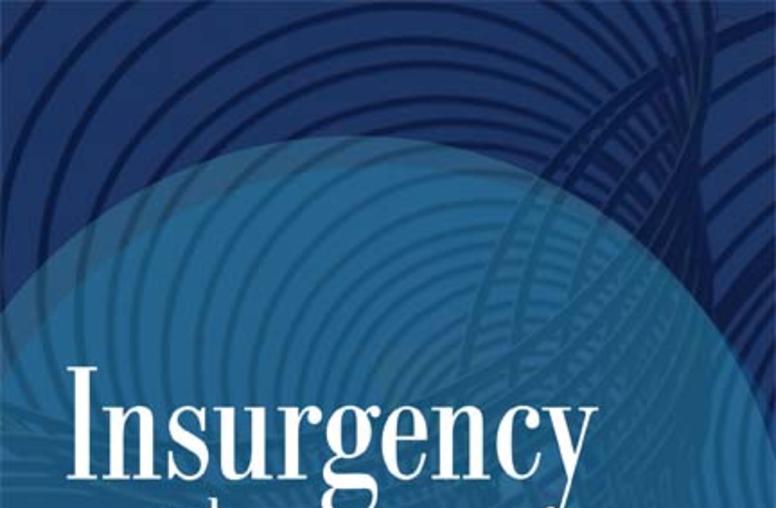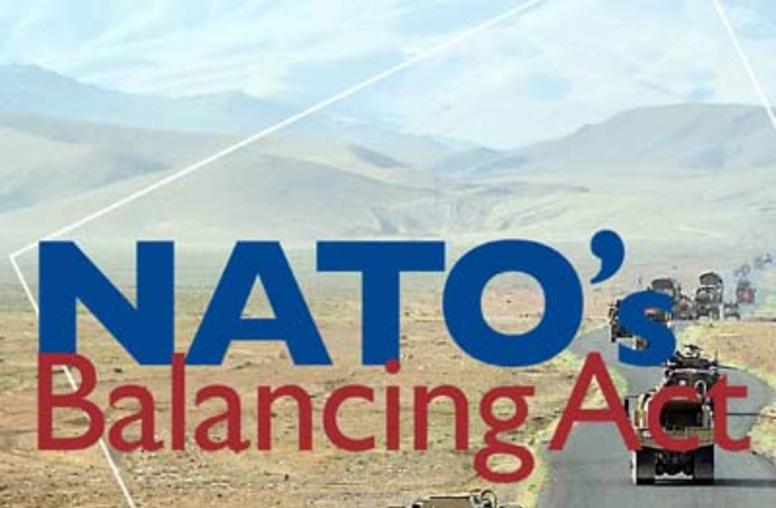Publications
Articles, publications, books, tools and multimedia features from the U.S. Institute of Peace provide the latest news, analysis, research findings, practitioner guides and reports, all related to the conflict zones and issues that are at the center of the Institute’s work to prevent and reduce violent conflict.

Harnessing Operational Systems Engineering to Support Peacebuilding
On November 20, 2012, the Roundtable on Science, Technology, and Peacebuilding – a partnership between the U.S. Institute of Peace and the National Academy of Engineering – held a workshop in Washington, DC, to explore when operational systems engineering can be a useful tool for improving the design, implementation, and effectiveness of peacebuilding interventions. This summary provides a synopsis of the day’s discussion.

Insurgency and Counterinsurgency in South Asia
In Insurgency and Counterinsurgency in South Asia, ten experts native to South Asia consider the nature of intrastate insurgent movements from a peacebuilding perspective. Case studies on India, Pakistan, Nepal, and Sri Lanka lend new insights into the dynamics of each conflict and how they might be prevented or resolved.

NATO’s Balancing Act
NATO's Balancing Act evaluates the alliance’s performance of its three core tasks—collective defense, crisis management, and cooperative security—and reviews its members’ efforts to achieve the right balance among them. Yost considers NATO's role in the evolving global security environment and its implications for collective defense and crisis management in the Balkans, Afghanistan, Africa, Libya, and elsewhere.
Iraqi Governance and Security
Iraqi Deputy Prime Minister Saleh al-Mutlaq talked about governance and security in his country. He said the U.S. has a moral and legal responsibility to Iraq after invading and destroying the country to remove Saddam Hussein’s regime. He named sectarianism and corruption as major problems. He also mentioned a recent surge in violence in Iraq, which he blamed in part on Syria and Iran.
Civil Unrest in South Sudan
Ambassador Princeton N. Lyman and other witnesses testified at a Senate Foreign Relations Committee hearing about the civil unrest and growing ethnic violence in South Sudan.
Iranian Politics and Nuclear Program
David Ignatius and Robin Wright talked about their recent trip to Iran to assess Iran’s internal politics since President Rouhani took office. Topics included the implications of the nuclear agreement talks that were resuming in Geneva that day. They were interviewed by former Ambassador William Taylor and responded to questions from members of the audience. The event “Inside Iran” was held at the U.S. Institute of Peace, co-sponsored by the Wilson Center.
Princeton Lyman, Former US Special Envoy for Sudan and South Sudan
Thousands of people have fled the ongoing fighting in South Sudan and the death toll is now believed to be approaching 10,000. France 24’s Philip Crowther speaks to former US Special Envoy for Sudan and South Sudan Princeton Lyman about ethnic divisions, ceasefire talks and what the US could have done to prevent the violence erupting.
Sunni politician: U.S. broke Iraq, is morally obligated to fix it
One of Iraq’s top Sunni Muslim leaders on Tuesday delivered a pointed message to Washington: The United States has a moral responsibility to help defeat Iraq’s twin ills of sectarianism and terrorism because those forces were unleashed by the U.S.-led invasion of 2003. Read more here: http://www.mcclatchydc.com/2014/01/14/214495/sunni-politician-us-broke-iraq.html#storylink=cpy
Kerry’s mission: Middle East peace
Jeffrey Goldberg and Robin Wright talk about John Kerry’s push for the peace process in the Middle East and the nuclear agreement in Iran.
US was slow to lose patience as South Sudan unraveled
Relations between Obama and Kiir "never really healed" after that, said Princeton Lyman, the U.S. envoy for Sudan at the time. The two presidents have not met since.